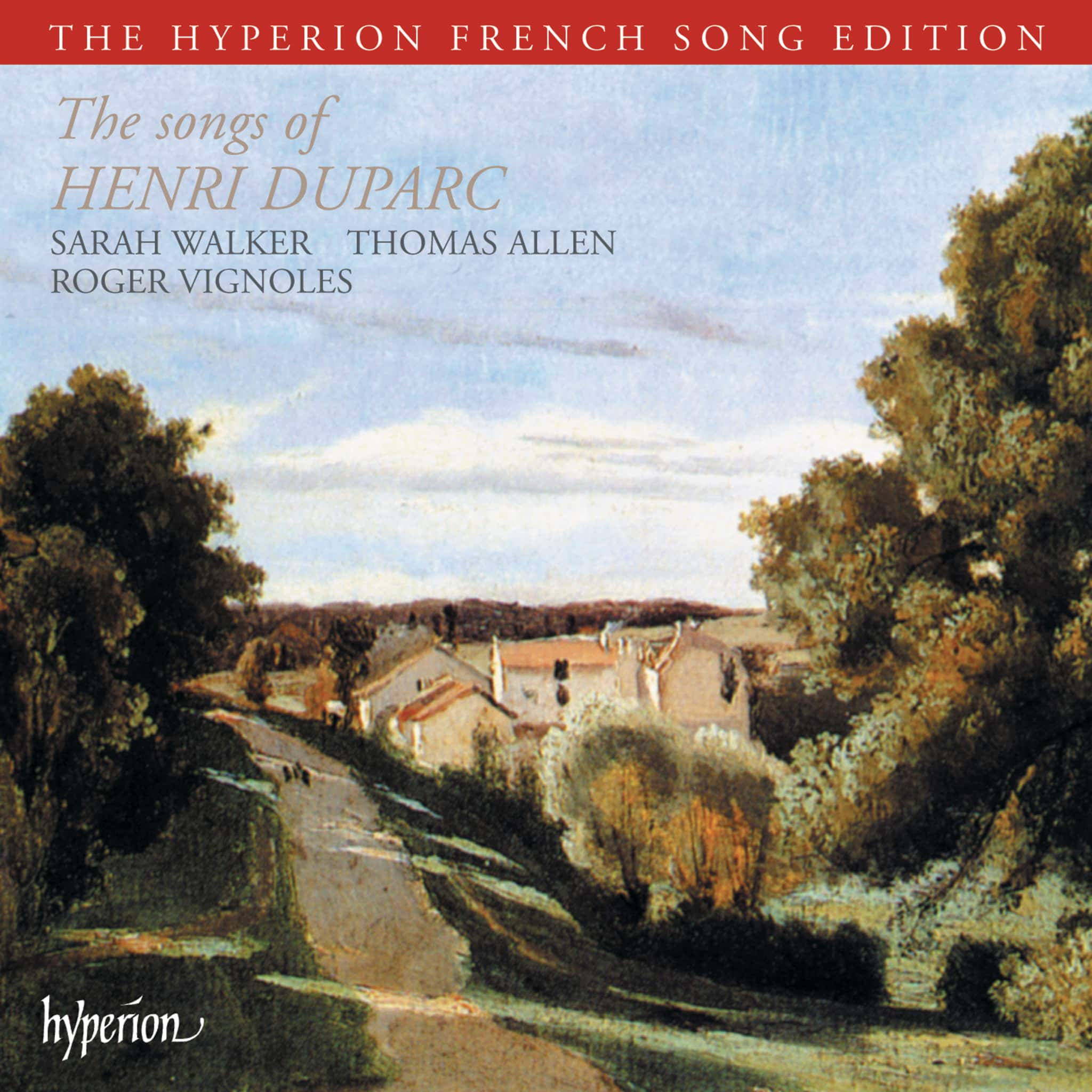Henri Duparc: The French Romantic Songwriter Master
Henri Duparc, a native-born Parisian, stands as one of the supreme French romantic songwriters. His surviving works only give us a glimpse into his genius, had his life not been so cruelly troubled by an incapacitating illness. Duparc took guidance from the great César Franck, fought in the Franco-Prussian war and formed close relations with Camille Saint-Saëns - all while creating unforgettable melodies and beautifully profound orchestrations.
Delving into Henri Duparc's Exquisite Musical World
Duparc, born in 1848 and celebrated as one of the greatest composers of French mélodie, the French art song, distinguished himself for his poignant musical sensibility and refined craftsmanship. His early promise was evident in his studies with Franck, his friendships with figures like Camille Saint-Saëns, and travels to hear Wagner’s music. He published his first five songs in 1868 and continued composing until his mid-thirties, when an incurable illness forced him to abruptly abandon music.
A Study of Fascinating Friendship and Influence
Indoctrinated under the expert guidance of César Franck, Duparc's life was profoundly shaped by the words of his mentor, "Do not write much, but let it be very good". This mantra not only shaped Duparc's oeuvre but also laid the foundation for his unforgettable and profoundly touching works. Among these are his seventeen mélodies – including the idyllic "Phidylé", the nostalgia-laden "La vie antérieure" and his unrivalled masterpiece, "L'invitation au voyage".
Triumph Amongst Tragedy: Duparc's Enduring Legacy
While an insurmountable neurological illness brought Duparc's production of new compositions to an early halt at the age of just 35, his mark on the world of music remains indelible. Despite descending into blindness, Duparc held onto his faith and despite destroying many of his early drafts – including plans for an opera – his works endure as a testament to his extraordinary talent.
The Pinnacle of French Melodies: Duparc's Unforgettable Works
Duparc left behind only a handful of works—seventeen songs (mélodies), two orchestral pieces (Aux Étoiles and Lénore), and a cello sonata. These mélodies set poems by Baudelaire, Gautier, Leconte de Lisle, and others, and are revered for their seamless fusion of poetry and music, dramatic depth, and innovative harmonies. Though Duparc composed little compared to his contemporaries, his surviving songs are now considered the pinnacle of the French art song repertoire. They exemplify the most perfect union of words and music in the French language, marked by their intense poetic sensibility and exquisite songcraft. Despite a life cut short by illness and regretfully destructive self-criticism, Duparc’s works remain central to recitals and recordings.












